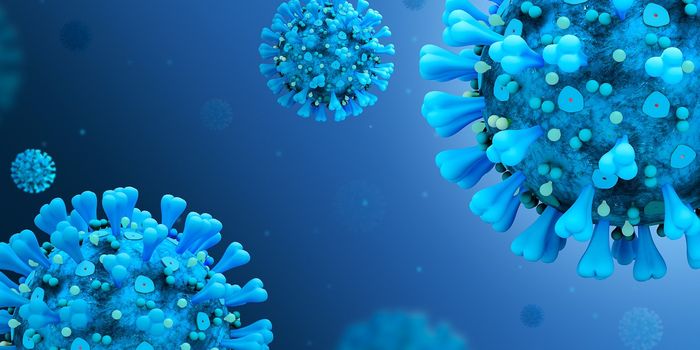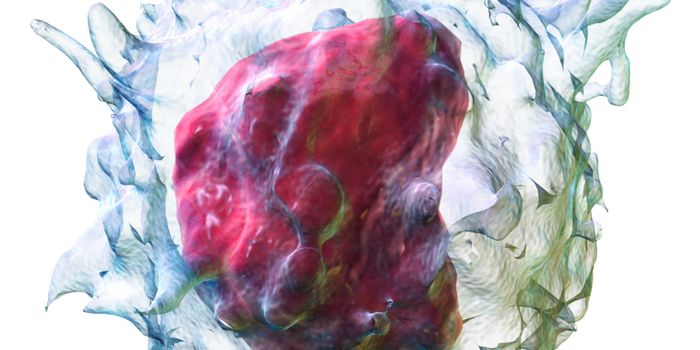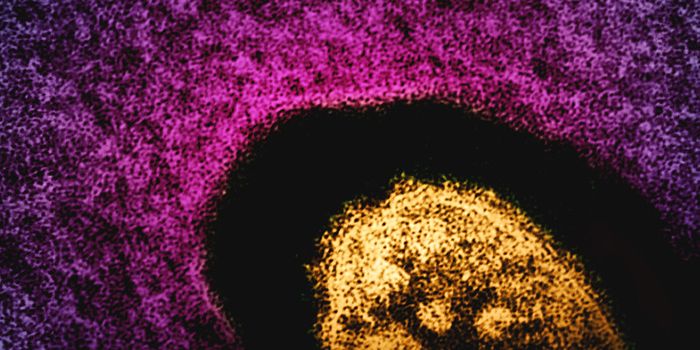An Artificial Sweetener Dampens Immune Cell Responses
Using a mouse model, scientists have assessed how an artificial sweetener called sucralose impacts the immune system. Sucralose is about 600 times sweeter than sugar and is a common food and drink additive. This work showed that high sucralose consumption can disrupt T cells, which are crucial components of the immune system. The findings have been reported in Nature. The effects of artificial sweeteners like sucralose on humans are unclear. However, they might have a therapeutic application for people with overactive immune systems that can trigger inflammatory or autoimmune diseases.
In this study, mice were fed sucralose at levels that correspond to the maximum daily recommended intake set by European and American food safety authorities. T cells in mice exposed to these levels of sucralose were less able to activate, whether they were responding to cancer or an infection. Other types of immune cells were not affected. Further work suggested that high sucralose levels influence the release of intracellular calcium when cells are stimulated, which has a dampening effect on the T cells' activation state.
The doses used on the animals in this study are probably far higher than those in people who consume drinks and foods that contain sucralose, however. People who drink or eat sucralose are probably not interfering with their immune system.
When a mouse model of autoimmune disease that involved T cells were given a diet that was high in sucralose, the disruptive effect of the diseased T cells was mitigated.
The investigators are hopeful that this data will help scientists develop a more informed idea of how diet can impact health and disease, and how diets can be tailored to maximize the benefits for individual patients. More work will be needed to determine whether sucralose has the same effect on people as it does on mice, but if it does, it may one day offer a treatment approach involving diet modifications for some symptoms of autoimmune conditions, suggested senior study author Karen Vousden, a principal group leader at the Francis Crick Institute.
"We do not want people to take away the message that sucralose is harmful if consumed in the course of a normal balanced diet, as the doses we used in mice would be very hard to achieve without medical intervention," noteed co-first study author Fabio Zani, a postdoctoral training fellow at the Crick.
Now, the researchers are interested in determining whether these findings hold true for humans, and whether sucralose could potentially have a therapeutic impact for some individuals.
Sources: Francis Crick Institute, Nature









